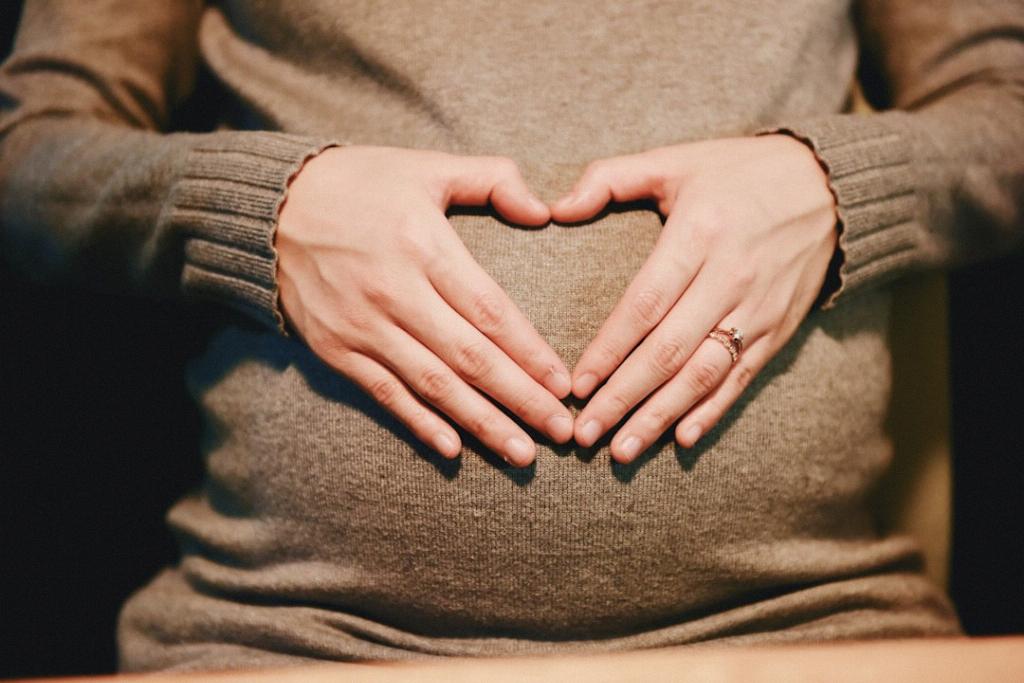As your pregnancy journey progresses, it’s only natural to inquire about the specific details of your diet, particularly when it comes to lesser-known foods like dates. When considering how many dates you can consume at 37 weeks pregnant, it is crucial to take into account the potential benefits as well as any possible considerations associated with this particular fruit.
Firstly, the consumption of dates during late pregnancy has been linked to potential positive effects on labor. Studies have suggested that eating around 6 date fruits per day, starting at approximately 36 weeks gestation, may assist in preparing the body for the labor process, facilitating a smoother transition when the time for delivery arrives.
However, it’s essential to remember that individual reactions to dietary changes can vary. While some expectant mothers may benefit from incorporating dates into their daily routine, others might find that their bodies respond differently. Therefore, it is advisable to consult with your healthcare provider before making any significant alterations to your diet, including the consumption of dates in larger quantities.
Furthermore, consuming dates in moderation is crucial, even if you are intrigued by the potential benefits they offer. Overconsumption of any food, including dates, can lead to unwanted side effects or digestive issues, which may not be conducive to your overall well-being during the later stages of pregnancy.
It’s also important to consider the nutritional profile of dates. While they are a rich source of natural sugars, fiber, and various vitamins and minerals, they are also relatively high in calories. As such, maintaining a balanced diet that includes a variety of foods is key to ensuring that you provide your body and your growing baby with the essential nutrients they need.
When incorporating dates into your diet at 37 weeks pregnant, it’s advisable to start gradually and observe how your body reacts. Begin with a smaller quantity, such as one or two dates per day, and monitor any changes in your digestion or overall well-being. If you experience any discomfort or unusual symptoms, it may be wise to reduce your intake or seek advice from a healthcare professional.
Moreover, the benefits of dates during pregnancy extend beyond their potential effects on labor. Dates are known for their natural sweetness and energy-boosting properties, which can be particularly beneficial during the later stages of pregnancy when fatigue and overall energy levels may become more pronounced.
As with any dietary decision during pregnancy, it’s essential to listen to your body and prioritize your overall health and well-being. While dates can be a nutritious and delicious addition to your diet, it’s crucial to strike a balance and ensure that you are meeting all your nutritional needs through a varied and well-rounded meal plan.
In conclusion, the question of how many dates you can eat at 37 weeks pregnant is a valid one, considering the potential benefits that dates may offer in preparing your body for labor. However, moderation, individual tolerance, and overall dietary balance are key factors to bear in mind when incorporating dates into your pregnancy diet. Consulting with your healthcare provider and listening to your body’s cues can help you make informed decisions that support your health and the well-being of your baby during this special time.

